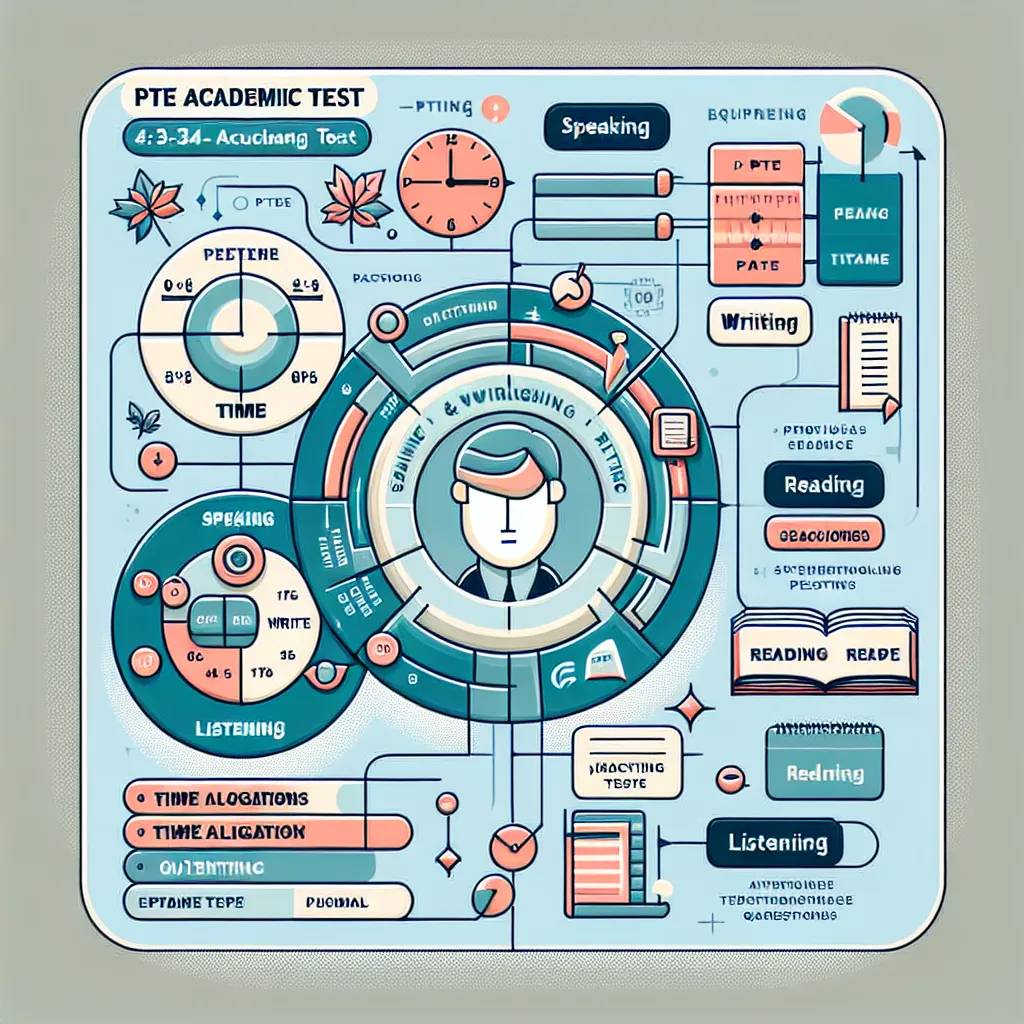Preparing for the Pearson Test of English (PTE) can be a challenging task, especially when it comes to mastering vocabulary. A strong vocabulary is crucial for success in all sections of the PTE, including speaking, writing, reading, and listening. In this comprehensive guide, we’ll explore the most effective strategies to study PTE vocabulary and boost your chances of achieving a high score.
 PTE Vocabulary Study Methods
PTE Vocabulary Study Methods
Understanding the Importance of Vocabulary in PTE
Before diving into study methods, it’s essential to understand why vocabulary is so critical in the PTE exam. A rich vocabulary allows you to:
- Express yourself more clearly in speaking and writing tasks
- Comprehend complex texts and audio materials more easily
- Answer questions more accurately in all sections of the test
- Demonstrate a higher level of English proficiency overall
The Role of Vocabulary Across PTE Sections
- Speaking: Helps in providing detailed responses and using appropriate terminology
- Writing: Enables you to convey ideas precisely and vary your language use
- Reading: Facilitates better understanding of academic and general texts
- Listening: Aids in comprehending a wide range of accents and topics
Effective Strategies for Studying PTE Vocabulary
1. Use Spaced Repetition Systems (SRS)
Spaced repetition is a learning technique that involves reviewing information at increasing intervals. This method is highly effective for vocabulary retention.
- Digital Tools: Use apps like Anki or Quizlet to create flashcards and automatically schedule reviews
- Physical Flashcards: Create your own flashcards and review them regularly, increasing the time between reviews for words you know well
2. Contextual Learning
Learning words in context is more effective than memorizing isolated definitions.
- Read Extensively: Engage with a variety of English texts, including news articles, academic papers, and literature
- Note New Words: When you encounter unfamiliar words, write them down along with the sentence in which they appear
- Create Example Sentences: After learning a new word, practice using it in your own sentences
3. Thematic Vocabulary Lists
Organize your vocabulary study by themes relevant to the PTE exam.
- Academic Topics: Focus on words commonly used in academic settings
- Current Affairs: Learn vocabulary related to global issues and current events
- STEM Fields: Familiarize yourself with scientific and technical terms
4. Use Mnemonics and Word Associations
Create memorable connections to help retain new vocabulary.
- Acronyms: Create acronyms using the first letter of each word in a list
- Visual Associations: Link words to vivid mental images
- Word Families: Group words with similar roots or meanings together
5. Engage in Active Recall
Regularly test yourself on the words you’re learning to reinforce memory.
- Self-Quizzing: Cover up definitions and try to recall them from memory
- Writing Practice: Use new words in short paragraphs or essays
- Speaking Practice: Incorporate new vocabulary into conversations or monologues
6. Utilize PTE-Specific Resources
Take advantage of materials designed specifically for the PTE exam.
- Official PTE Academic Wordlist: Focus on the most frequently used academic words
- PTE Practice Tests: Use practice materials to familiarize yourself with how vocabulary is tested
- PTE Preparation Books: Invest in high-quality study guides that include vocabulary sections
 PTE Vocabulary Study Resources
PTE Vocabulary Study Resources
Integrating Vocabulary Study into Daily Life
To make your vocabulary study more effective, try to incorporate it into your daily routine:
- Set Daily Goals: Aim to learn a specific number of new words each day
- Use Language Learning Apps: Spend a few minutes daily on vocabulary-building apps
- Listen to English Content: Podcasts, news broadcasts, and audiobooks can expose you to new words in context
- Teach Others: Explaining new words to friends or family can reinforce your own understanding
- Keep a Vocabulary Journal: Write down new words you encounter throughout the day
Common Mistakes to Avoid
When studying PTE vocabulary, be wary of these common pitfalls:
- Neglecting Pronunciation: Always learn how to pronounce new words correctly
- Ignoring Collocations: Pay attention to words that are commonly used together
- Overlooking Multiple Meanings: Many words have several definitions; learn all relevant ones
- Focusing Only on Definitions: Understand how words are used in different contexts
- Cramming: Avoid last-minute memorization; consistent, spaced practice is more effective
Next Steps in Your PTE Vocabulary Journey
Now that you have a solid strategy for studying PTE vocabulary, here are some actionable steps to take:
- Create a Study Schedule: Allocate specific times for vocabulary study each day
- Build Your Resource Library: Gather a mix of digital and physical study materials
- Join a Study Group: Collaborate with other PTE candidates to share resources and practice
- Take Regular Practice Tests: Monitor your progress and identify areas for improvement
- Seek Feedback: Work with a tutor or language exchange partner to refine your vocabulary usage
Remember, improving your vocabulary is an ongoing process that requires consistent effort and practice. By following these strategies and staying committed to your study plan, you’ll be well on your way to mastering PTE vocabulary and achieving your desired score.
Developing a strong vocabulary is a critical component of PTE success. By employing a combination of structured study techniques, active engagement with the language, and consistent practice, you can significantly enhance your vocabulary skills. Stay motivated, track your progress, and don’t hesitate to adjust your study methods as you discover what works best for you. With dedication and the right approach, you’ll be well-equipped to tackle the vocabulary challenges in the PTE exam and beyond.




